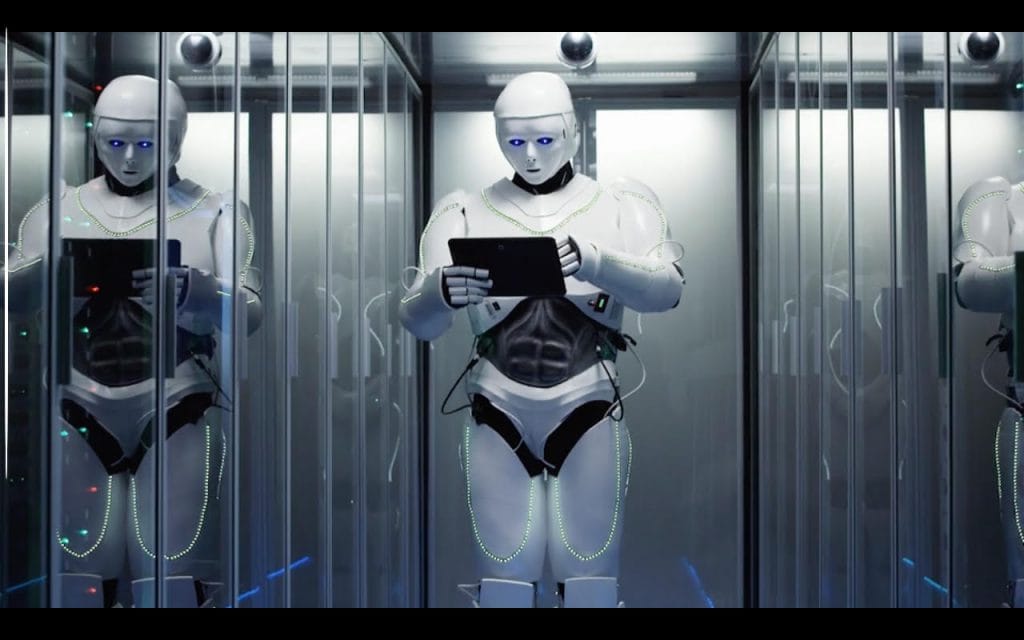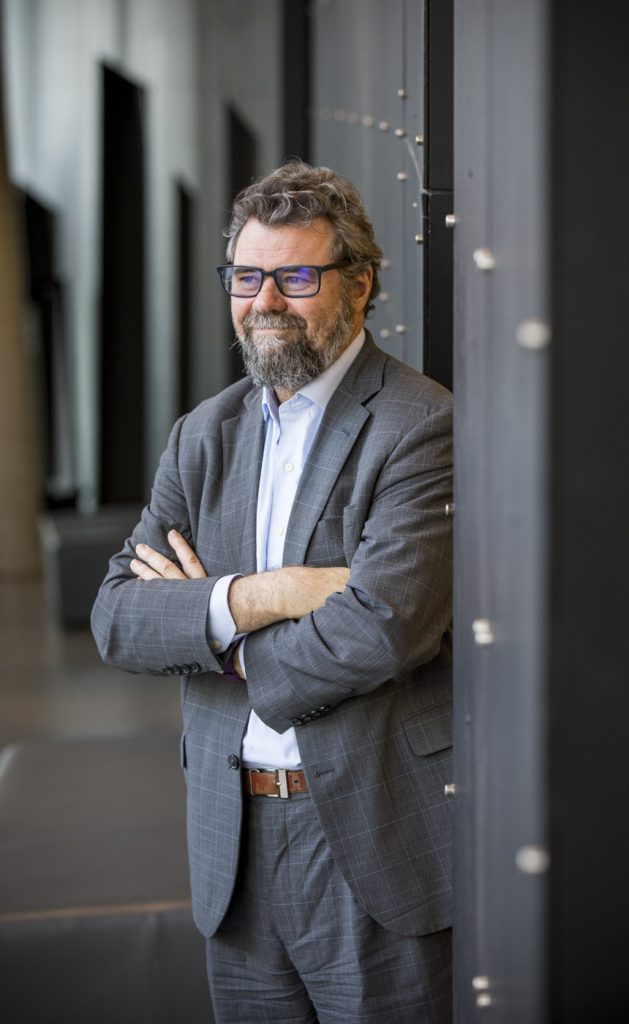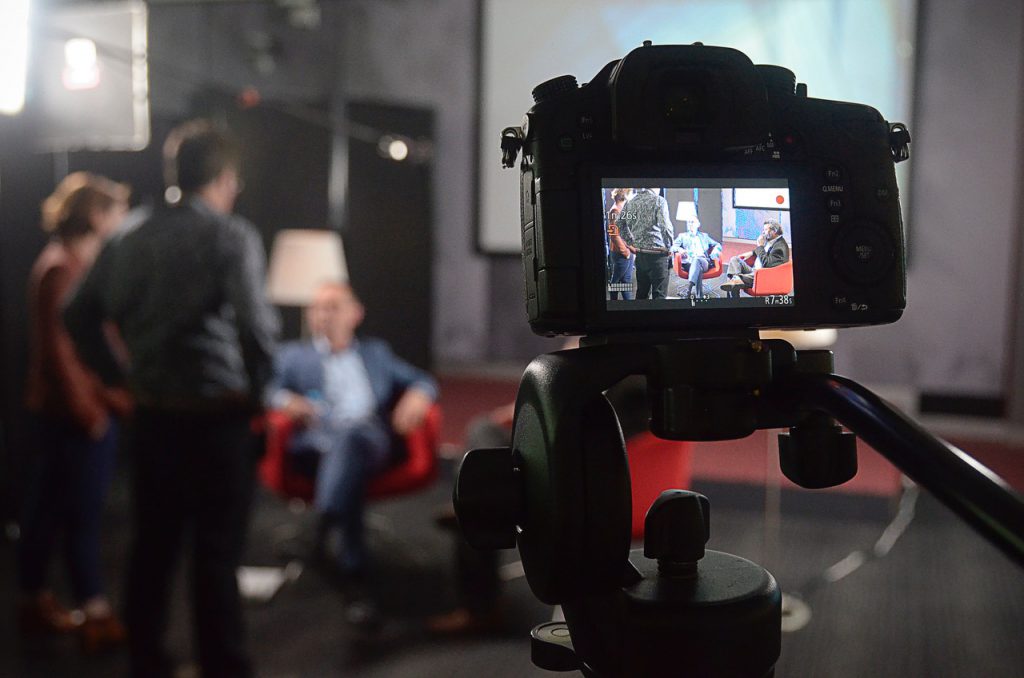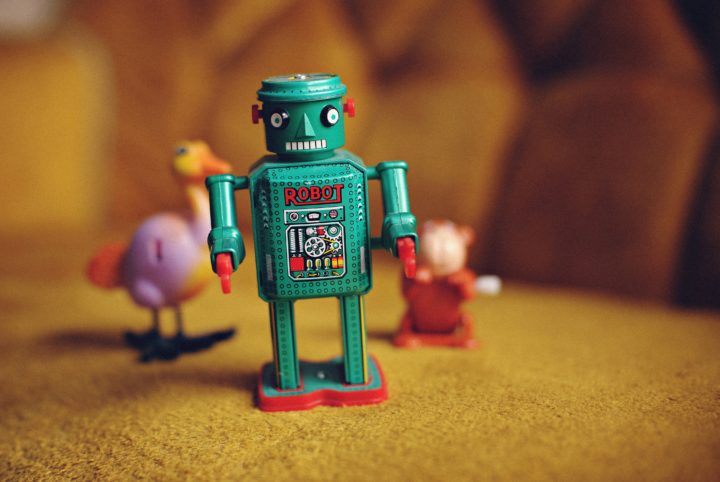
Worried about a dystopian future where robots have all the jobs? The solution is simple – become more human, says Professor Simon Wilkie.
It is estimated that 40 per cent of Australian jobs are in danger of automation, while 60 per cent of knowledge workers are likely to have their jobs restructured due to digital disruption. But there is hope for the future.
While the reality of a future with robots and AI taking over our jobs appears inevitable, it is perhaps comforting to know that robots don’t hold all the cards.
Head of Monash Business School and Dean of the Faculty of Business and Economics Professor Simon Wilkie witnessed this digital disruption first-hand while working as chief economic policy strategist at Microsoft Corporation.
He sat down to chat with Impact Exchange host Professor Richard Hall about how we are witnessing the Fourth Industrial Revolution, the digital transformation in products, services and business processes and models that has intelligent systems replacing traditional areas of expertise.
Digital transformation – embrace it

Monash Business School Head, Professor Simon Wilkie: AI shouldn’t be feared.
Given his background as both an academic and policymaker, Professor Wilkie is uniquely placed to understand both the complexities and nuances of how these technological shifts will transfer to the workplace. He is adamant the Fourth Industrial Revolution is not to be feared but embraced.
According to Prof Wilkie, if we understand what robots can do and what humans are able to do a lot better, there is room to forecast how robotics and AI will pan out, despite an increasingly fearful world which in some instances has already written off humans working in the future.
He recounts a Microsoft project that involved about 1000 programmers attempting to get three robots to work together as a team – which failed miserably. Why?
Because robots are, well, not human.
“It’s our unique humanness that is the key to a bright working future for thousands who are studying to enter the job market and those of us who have been working for years, focus on the opportunities AI delivers and be aware of its limitations,” Professor Wilkie says.
Robots have no feelings, which discounts any intuitive sense of empathy; they cannot do over-and-above what they are programmed to do; they have no human sensor that allows them to interact and play well with others.
We’ve been here before
Previous industrial revolutions – steam-powered, manufacturing and digital – also featured intense periods of economic growth that caused the permanent destruction of jobs and resulted in unemployment.
But there were fresh opportunities for people developing products and services around emerging technologies, says Professor Wilkie. For people with complementary skill sets, the future is bright. For example, the complement to AI is emotional intelligence.
“What we are seeing paradoxically is that soft skills, which are often overlooked, are going to be more valuable,” Professor Wilkie says.
He believes there will be a much bigger part of the workforce in personal jobs. Jobs where people will be able to express themselves with a greater emphasis on creativity and human emotions.
“There will be better quality, more rewarding types of jobs,” he says.

What it means for jobs
With huge amounts of data and the ability to extract value from it through AI, business, markets and governments are changing the way they operate. Educators must respond.
“This provides us with a great opportunity and responsibility to educate and provide people with the skill sets required to create value and advance human welfare,” Prof Willkie says.
“I believe that core disciplines we teach and the skills our students acquire will become even more valuable in this environment, as in the language of economics, our disciplines are complementary skill sets to AI not substitutes.”
This does not mean we can rest easy but rather, we need to improve our agility in the application of the core techniques and allow for more modular options.
“We need to ask relentlessly where does what we teach and research add value – not just today, or in five years, but for a lifetime,” he says.


